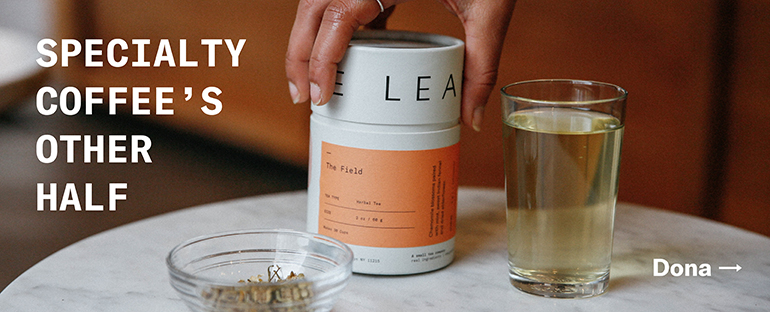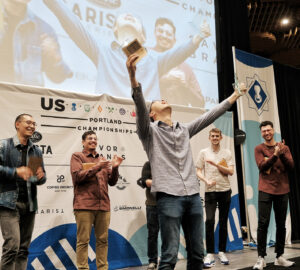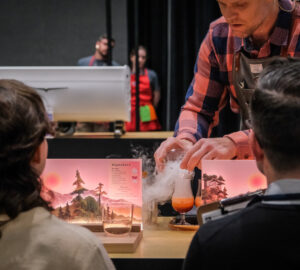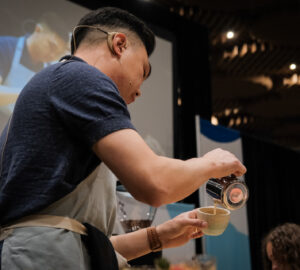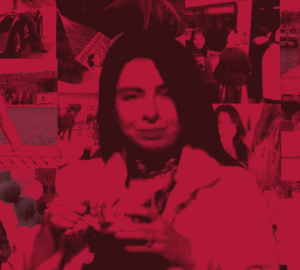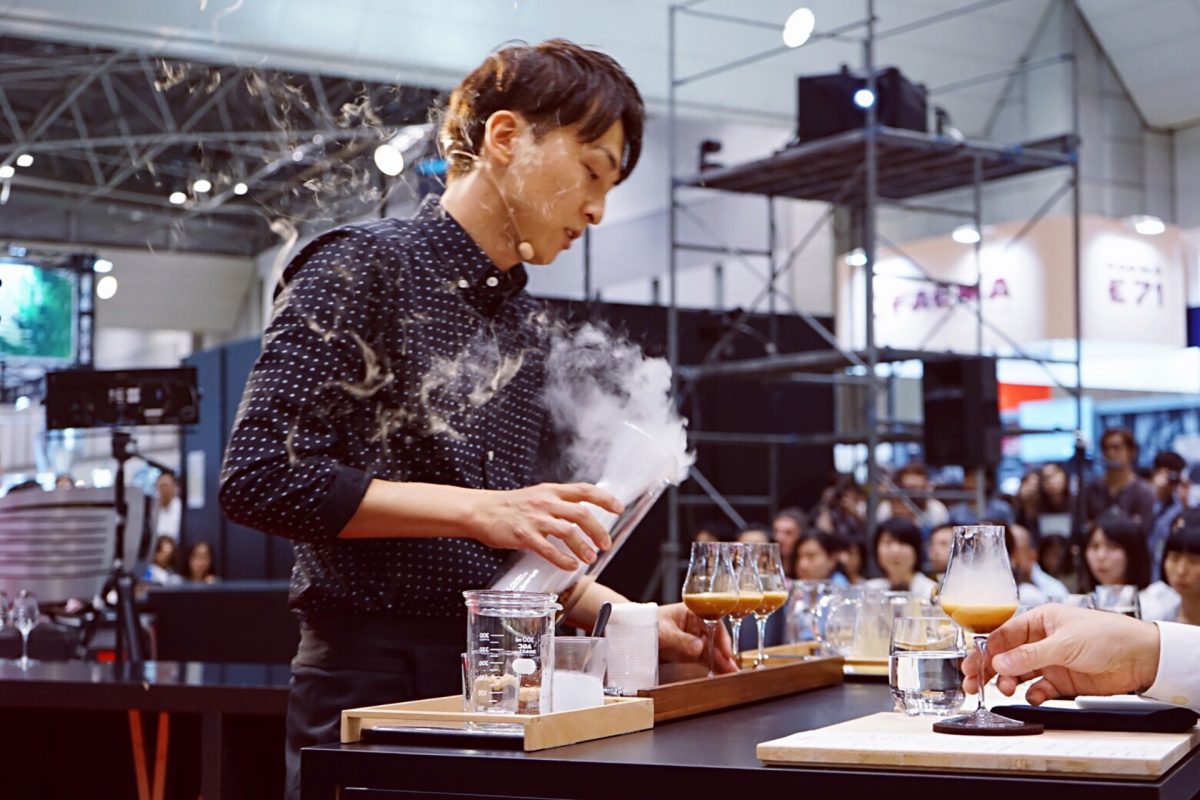
Takayuki Ishitani is a rarity on the Japan Barista Championship (JBC) circuit. In a field populated by baristas from companies such as Maruyama, Saza, Ogawa, and Rec, Ishitani is the lone freelance competitor. Known by many as the Barista Prince, he prepares and practices by himself and at his own personal expense.
This might not be too surprising, but Ishitani is a consistent finalist, having placed in the top three an astounding six times since first entering the competition in 2007.
I met with Ishitani at Saturdays Surf NYC in Daikanyama, where he works the counter several times a week. As I watched him work, I remembered the first time I saw him at the JBC in 2015. I remember his charm and confidence, and the smooth, easygoing vibe of his work. That year, he placed second after Rec Coffee’s Yoshikazu Iwase.
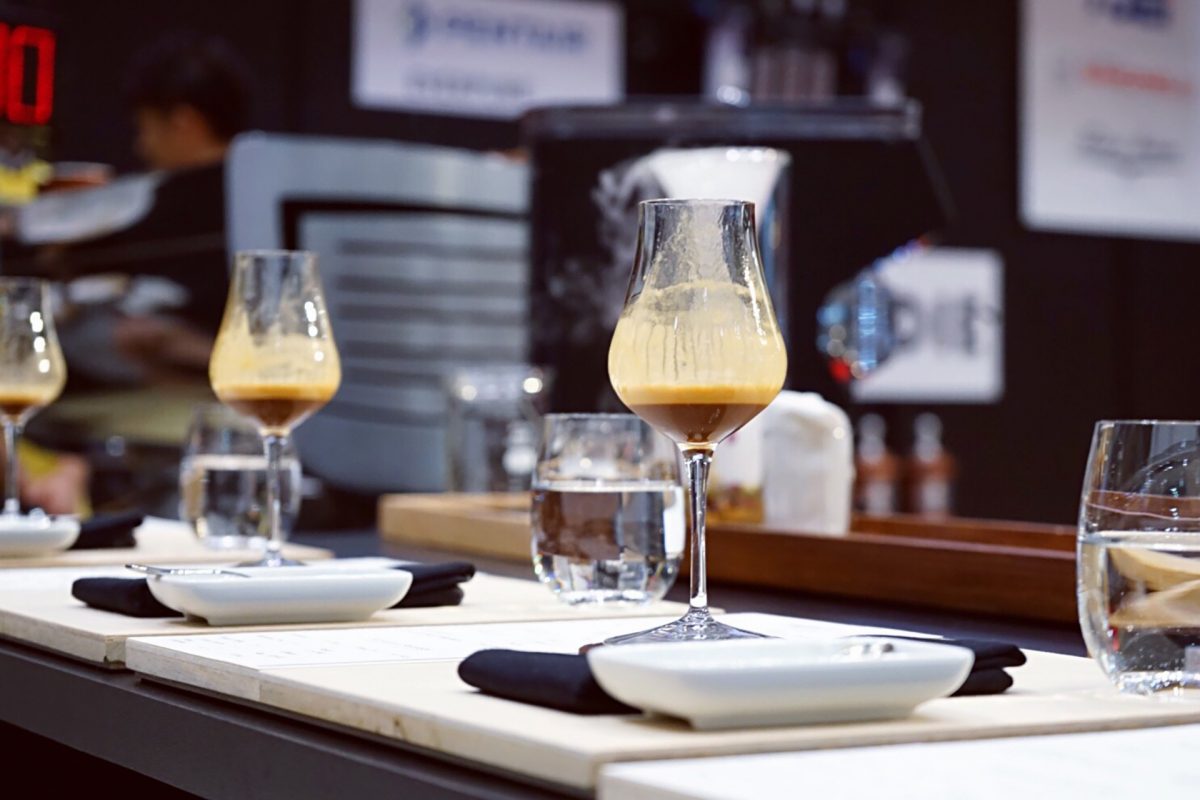
Ishitani says he didn’t have a love-at-first-sip relationship with coffee at first; he has a wry smile on his face as he looks back on his early days.
“In the beginning, it wasn’t like I loved coffee and wanted to learn more about it,” he says. “It was because I drank an awful espresso, then I made one that was worse and I wanted to know why it didn’t taste good.”
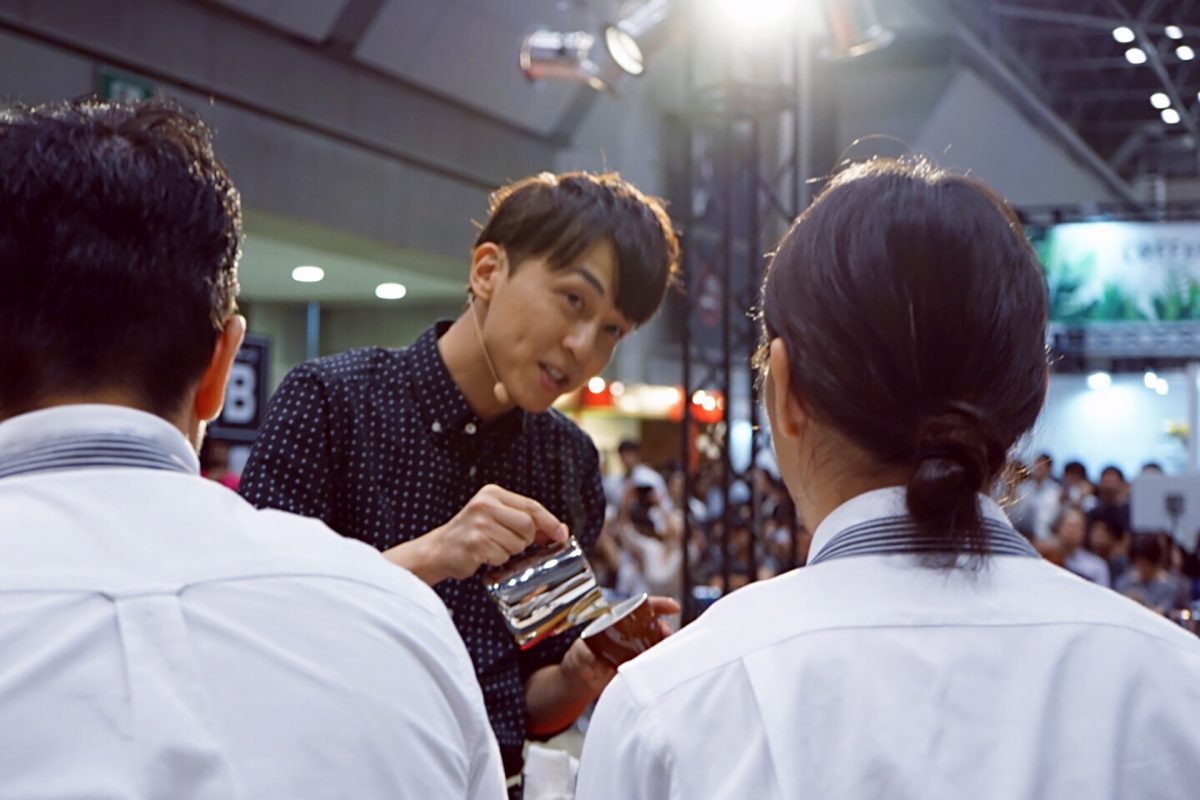
Research and study brought Ishitani into the orbit of the JBC, and with it specialty coffee. His dedication quickly saw results and, except for 2010 and 2011, he has never placed outside of the top five. Incidentally, it was during these two gap years that he made the decision to quit working at a cafe and build a career on his own.
“When I turned 30, I drifted for a while,” he says. “I had a bit of an attitude, was a bit of a rogue, and wanted to do my own thing. I was drifting but I was lucky—friends and acquaintances asked me to train their cafe staff and run seminars, and little by little I realized I could build a career and make a living through this kind of work.”
When Ishitani next competed, in 2012, he did so freelance for the first time and took second place to eventual world champion Hidenori Izaki. Since then, Ishitani has been among the top four competitors every year, a feat he credits to the roasters, machine makers, and friends he works with and relies on for help.
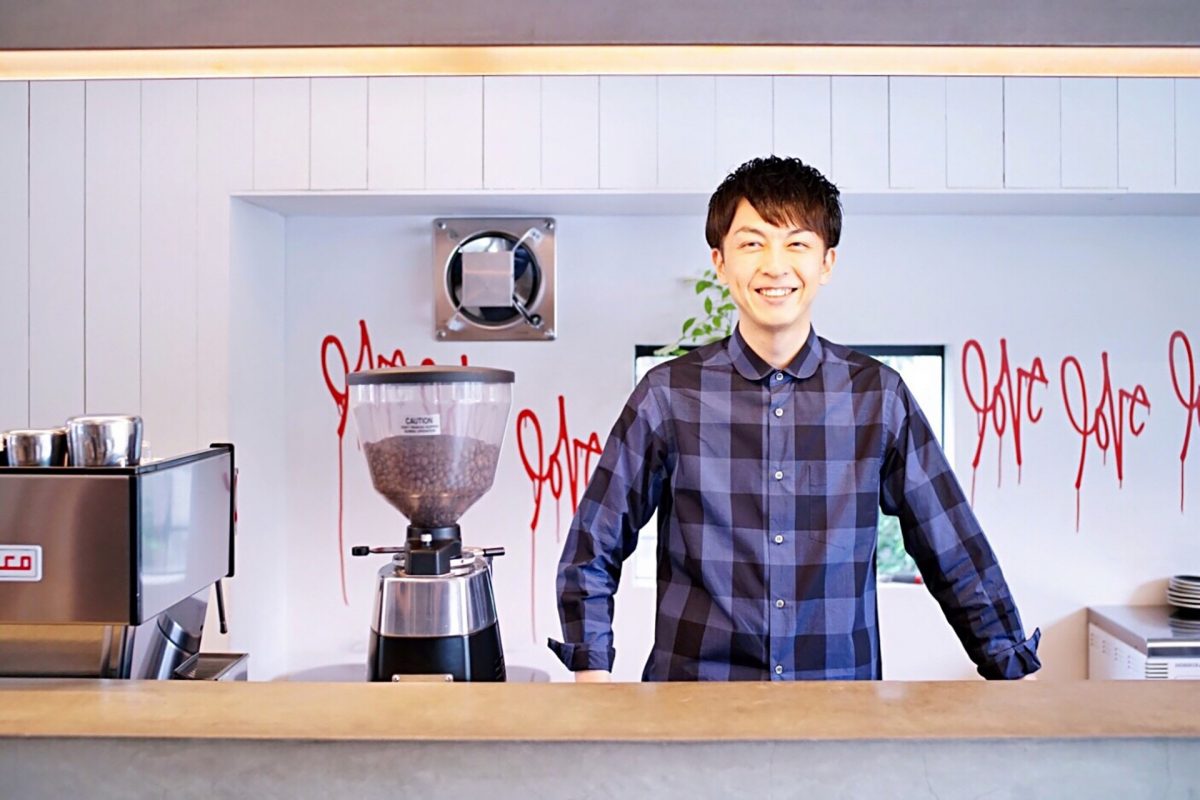
But there’s also a sense that Ishitani’s unique position has forced an equally unique approach—one streamlined for efficiency, and centered around a simple core idea.
“I used to decide on the beans and build a presentation around them, but as a freelancer I can’t compete with baristas from specialized shops or full-time coffee roasters,” he says. “More recently, I have been thinking about what I want to say and express about coffee, and I find beans to match that concept.”
He then refines this process through cupping, roasting, and recipe tinkering, and practices in borrowed test kitchens or at home alone, running through the motions with imagined machinery and judges.
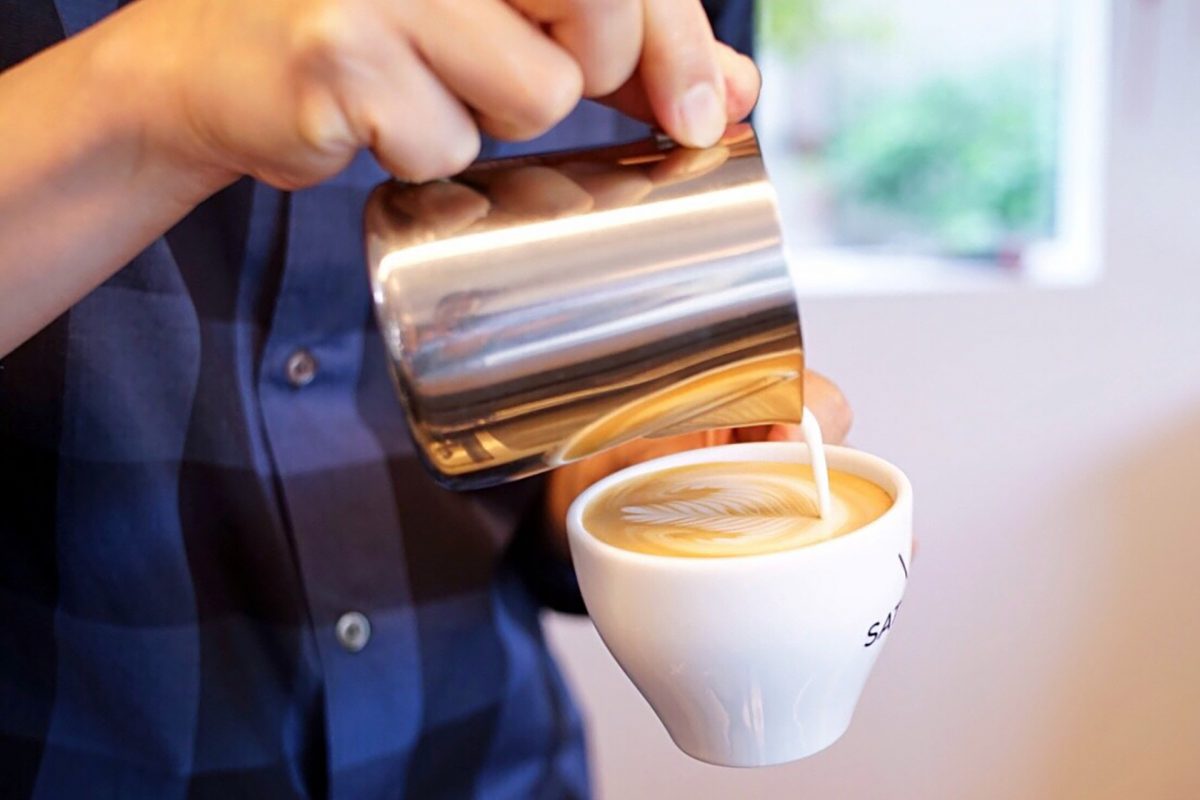
It’s difficult not to picture the scenes as a montage in the barista version of a Rocky film, and one that ends with the same heartbreaking split-decision loss that leaves our hero the loser while simultaneously endearing him to spectators, judges, and fans alike.
When I think back to the 2016 JBC, I remember an image of Ishitani after the award ceremony, photographs, and interviews, sitting with friends in abandoned spectator seats, with a look of disappointment etched into his face. He had come in third, ultimately losing out to Maruyama Coffee’s Miki Suzuki.
It’s hard to imagine how that must have felt after years of being just a few steps and points away from the victory of first place. I wondered where his motivation came from, and where Ishitani found the energy to continue.
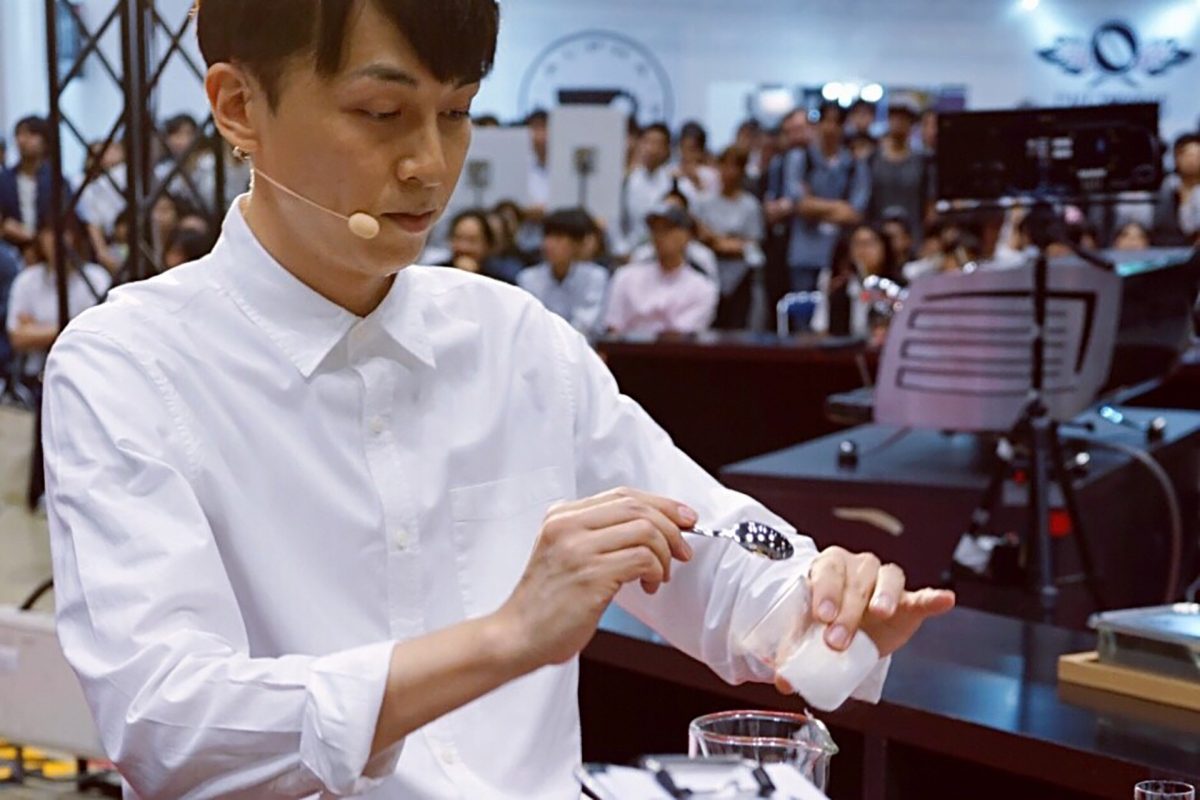
“Until about three or four years ago, I just wanted to win,” he says. “That was my motivation. But now I realize there are people helping me and supporting me—roasters, friends, industry people—and I want to make them happy.”
In many ways, Ishitani is the perennial underdog. And as long as he competes, perhaps he always will be. He’s always right at the forefront and in with a chance, and victory could be his on any given day. It must be that dogged persistence, and the way he has carved his own path, that makes his story so engaging.
We wrap up our interview by chatting about sports and upcoming sumo tournaments (he says he might know sports even better than he knows coffee), and I can’t help but be excited to see what he does next, and how he would talk about it.
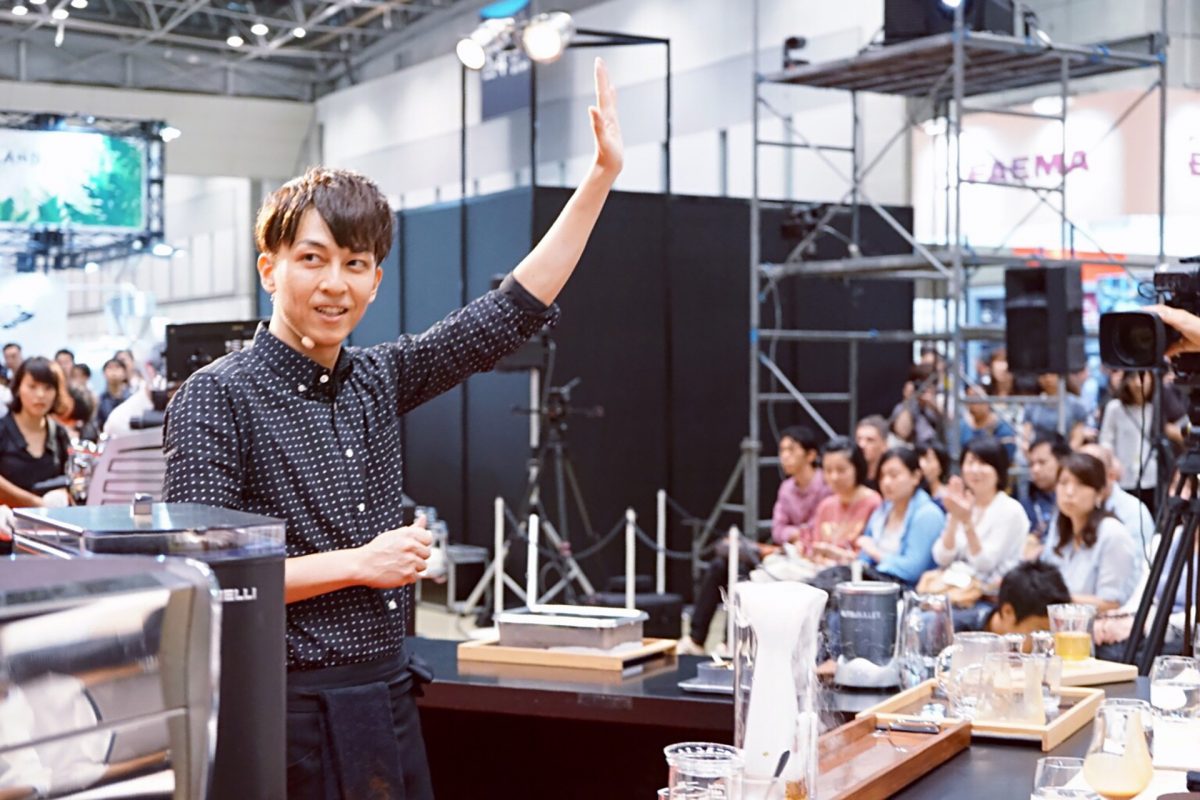
It’s exciting because Ishitani’s Rocky film still hasn’t ended, and until that final bell rings, I know I shouldn’t count him out. I don’t think anyone else will, either.
Hengtee Lim (@Hent03) is a Sprudge.com staff writer based in Tokyo. Read more Hengtee Lim on Sprudge.
Photos courtesy of Sonia Cao.












